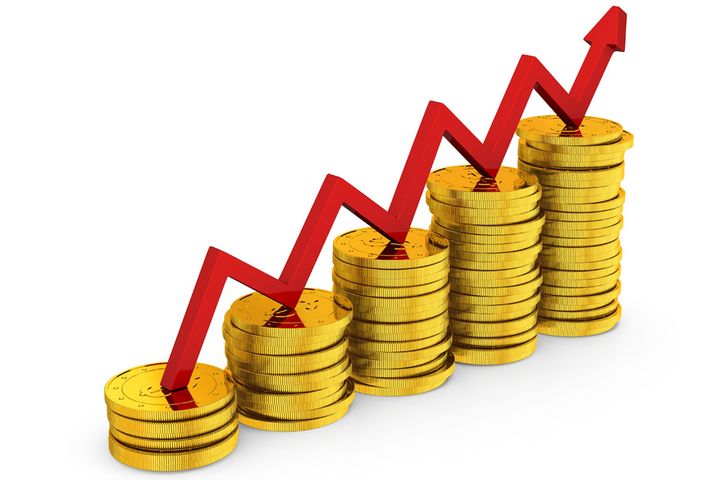 Customers Tend to Spend More on Experience and Technology: MAF
Customers Tend to Spend More on Experience and Technology: MAF(Yicai Global) Jan. 24 -- The experience economy is on the rise, with spending four times more than spending on goods and services, said Alain Bejjani, CEO of retailing and entertainment conglomerate Majid Al Futtaim (MAF).
"People have moved from purchasing goods and services to experience. So we're seeing a rise of the experience economy," Bejjani told CGTN on the sidelines of the World Economic Forum (WEF) in Davos.
"If you compare the amount of spending, you see that spending on experience has increased four times more than spending on goods and services," he said, noting that the rising experience economy means that consumers prefer to spend more on traveling, cultural products and lifestyles, but "basically less on fashion, goods and services."
MAF has a great presence across the Middle East, Africa, and Central Asia. It owns and operates the Middle East's largest movie-theater chain, several leisure and entertainment centers, and the famous Mall of the Emirates.
"I think the region is a great microcosm of what's happening globally," he said. According to him, customers are increasingly turning focus from goods and services purchases to spending on experience.
Preference for technology is the other trend he observed. The CEO described technology as a "great enabler," which allows businesses and customers to understand each other better, to be connected more, and to get smarter together.
"We are also seeing a big takeover and the big enablement by technology, data and analytics. We are able to understand much better what's happening around us. So this is a trend that is increasing. And that's also having a positive impact on interconnectivity of cultural exchanges," he said.
This year's WEF annual meeting aims to assist governments and international institutions in tracking progress towards the Paris Agreement and the Sustainable Development Goals.
"We have to be responsive to our environment. This is a great responsibility, a great challenge, but also a fantastic opportunity for businesses to lead," Bejjani stressed, calling for more talks and work to positively affect the environment.
As to sustainability, Bejjani thought it's important for companies to "put back into the environment more than taking out of the environment." MAF is the only organization in the Middle East that pledges to be net positive on water and carbon by 2040.
"And we have issued green bonds. I think the awareness by global investors about the impact of how the money is used and the impact on the environment and the sustainability element is important," he commented.
Moreover, he shared his concerns on regional uncertainties, saying that political differences should not affect businesses.
"We might have political differences. This doesn't mean we cannot work together in order to increase the size of the price where everybody can benefit. It doesn't mean that people have to give up what they believe in or their plans for their own people," he said.
"Let's preserve the room for business and not make it disappear by the overall geopolitical issues that exist in the region."